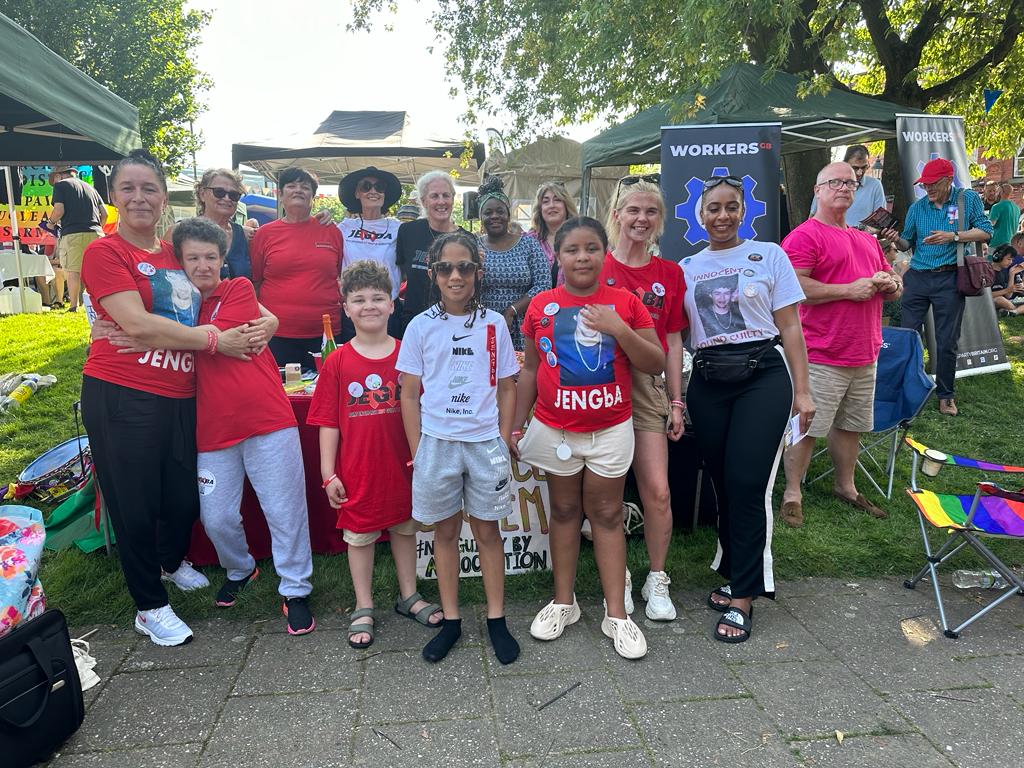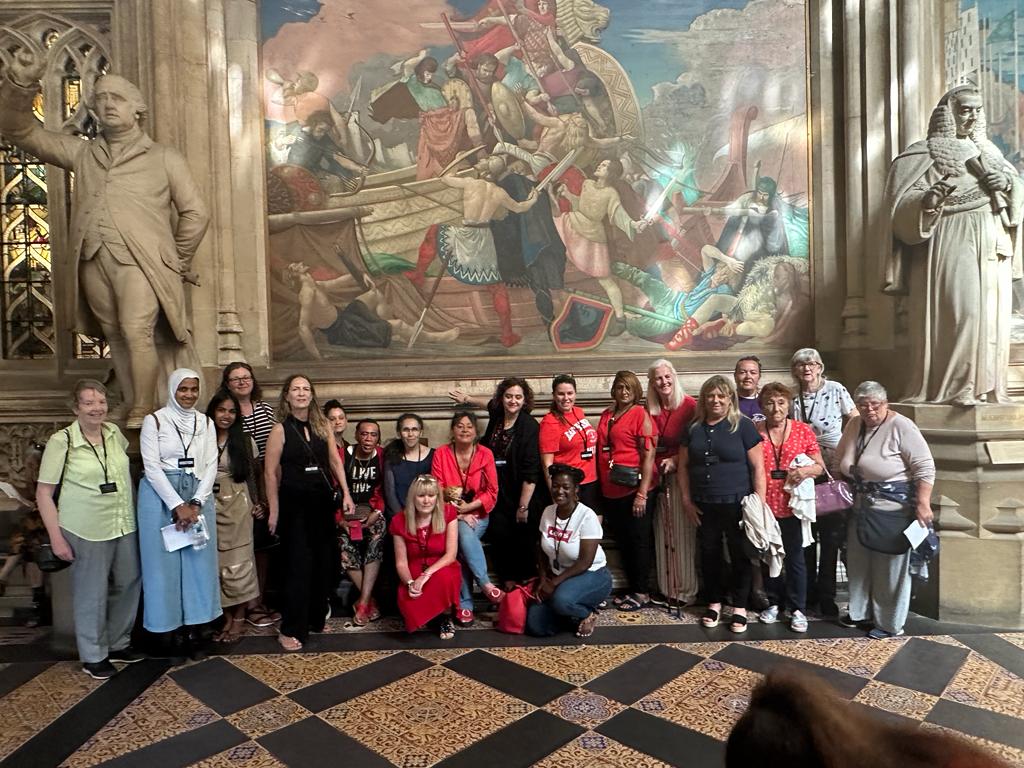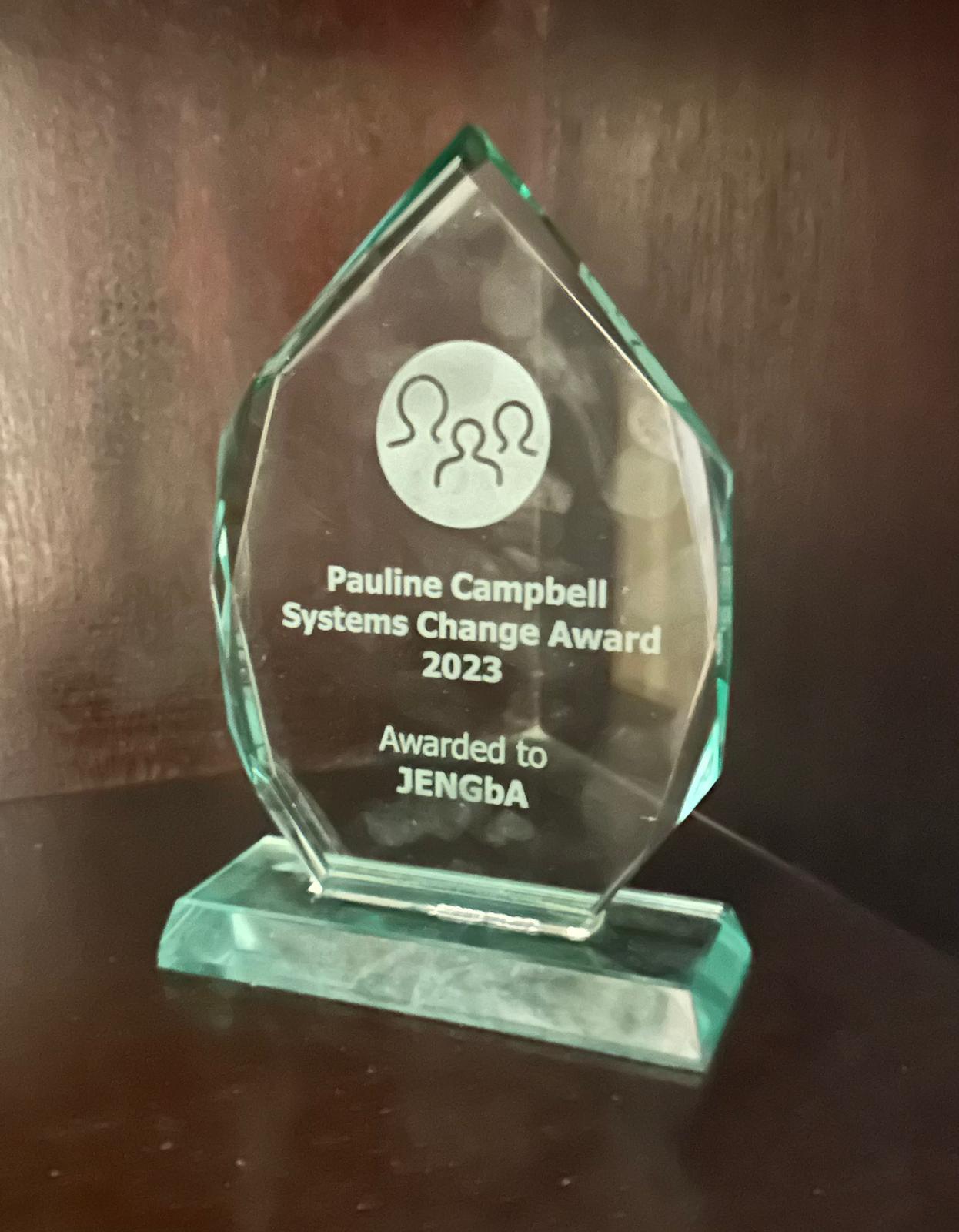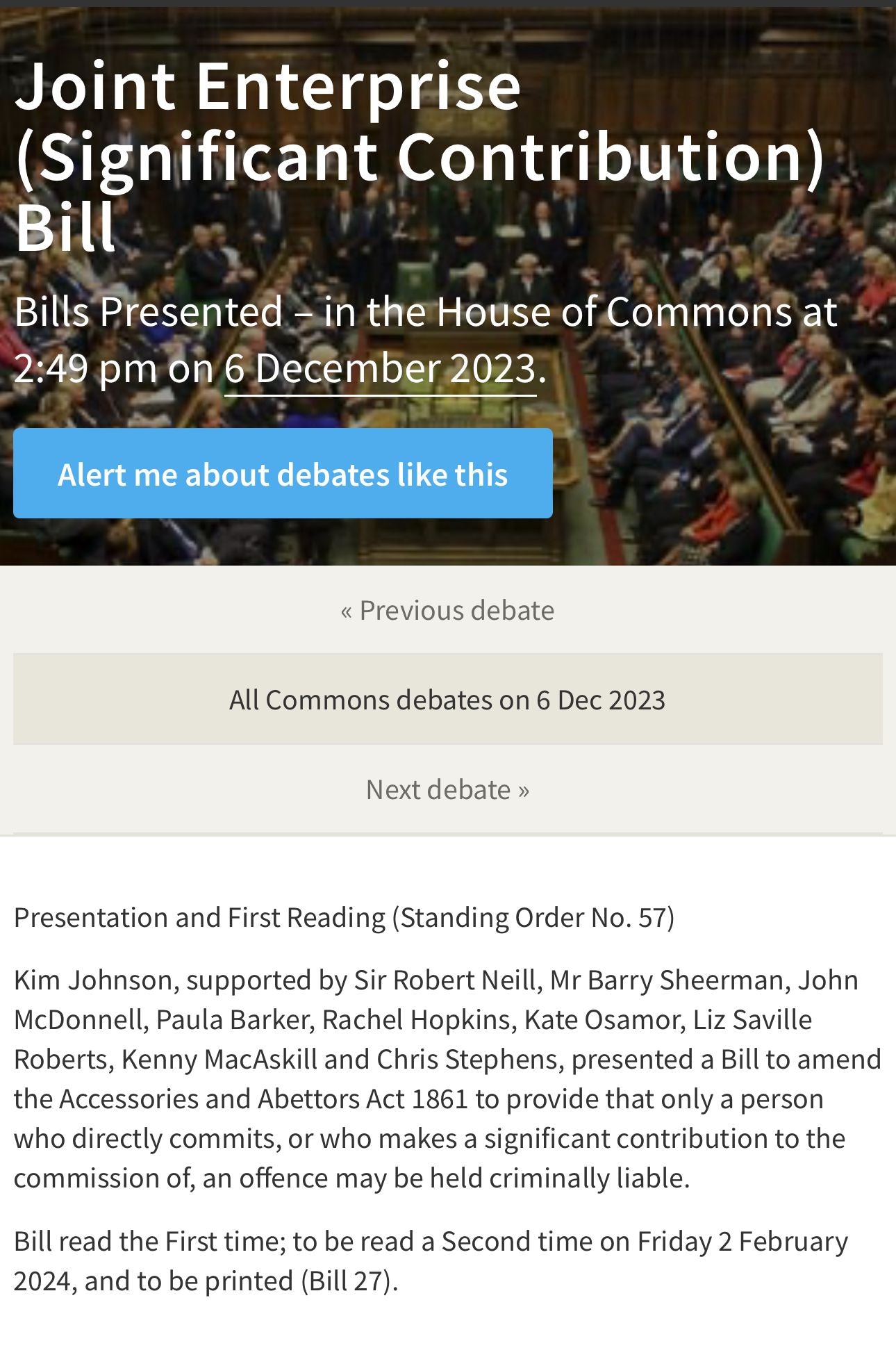Read our latest newsletter here and catch up with previous ones. Find and read them here. If you you like to be added to our list of newsletter recipients please email newsletter@jointenterprise.co
'Kim Johnson: MP inspired by TV show to launch bid to reform law'
Read on BBC News
'The more I speak with families about joint enterprise the more outraged I become'
Read more on The Justice Gap - Jon Robins
Read more on Kim's website - Kim Johnson MP
5 THINGS YOU NEED TO KNOW ABOUT JOINT ENTERPRISE
Liberty is taking legal action against the Crown Prosecution Service and the Ministry of Justice over the ‘discredited’ joint enterprise law. But what is it and what is Liberty’s case about? Read on here
New monitoring of joint enterprise. What’s been agreed?
By Helen Mills - Thursday, 16 March 2023
Last month the Crown Prosecution Service (CPS) agreed to collect data about secondary liability (so called ‘joint enterprise’) prosecutions.
This move was in response to legal action brought by JENGbA, represented by a legal team at Liberty. Their case drew on evidence established over several years including the Centre’s published research and data gathering about the disproportional and discriminatory practices involved in such prosecutions.
Inside Time: CPS to monitor the race of joint enterprise defendants
Friday, 24 February 2023
The Crown Prosecution Service (CPS) has agreed to begin monitoring the ethnicity of people prosecuted under joint enterprise laws, following a legal challenge brought by campaigners.
Centre For Crime and Justice: Welcome news on Joint Enterprise
Friday, 17 February 2023
News that the Crown Prosecution Service (CPS) will set up a pilot scheme to record data on the age, race, sex and disability of those prosecuted under the joint enterprise doctrine is a welcome, if small, step in the right direction.
John Crilly Blog
John Crilly blog on JE and our Justice system. How can YOU be convicted of MURDER with no evidence? Joint Enterprise! a judge-made doctrine which allows for two or more people to be held equally accountable for the actions of another. CLICK HERE
Resistance TV
Miscarriages of Justice: The Joint Enterprise conundrum With Guests Gloria Morrison: Co-founder of JENGbA and Becky Clarke: Senior Lecturer at Manchester Metropolitan University. In 2015 the Supreme Court determined that the law of joint Enterprise had been wrongly interpreted for 30 years, yet people convicted under that discredited law are still languishing in prison. It was used to convict marginalised and vulnerable defendants predominately from BAME and working-class communities resulting in numerous miscarriages of justice. With little or no actual evidence of involvement against them, many of these defendants were given mandatory life sentences for simply being in the wrong place at the wrong time. Watch on you tube here
Stories of injustice
Women in prison for life for violent crimes they did not commit, JENGbA research report reveals Joint Enterprise Women, A report released today (16th November) written by academics at Manchester Metropolitan University reveals new evidence about the number and experiences of women in prison under unjust laws of complicity known as joint Enterprise.
The Rhyming Guide to Joint Enterprise
Potent Whisper take on Joint Enterprise watch the video here click here Written & performed by Potent Whisper. Music by 3ss3nce and Tone-O.
A City Seen: Dangerous Associations
Dangerous Associations highlights the issues young people and families are facing because of this law. The film is about Joint Enterprise, which is a Victorian law that has re-emerged in England and Wales enabling the conviction by association of multiple individuals for one offence. It is often used to target groups of young people. The film is preceded by an introduction by Gary Younge - Author, Journalist and Professor of Sociology at The University of Manchester. Read more here
Accessorial Liability after Jogee
In R v Jogee [2016] UKSC 8, the UK Supreme Court fundamentally changed the law of accessorial liability when it decided that the principles of joint Enterprise had been misinterpreted for over 30 years. The Court abolished the head of liability known as parasitic accessory liability and replaced it with (re-stated) principles of assisting and encouraging. The judgment, widely reported and hailed as a 'moment of genuine legal history', sent shock waves around England and Wales as well as other common law jurisdictions that still operate 'parasitic' or 'extended' joint Enterprise principles, and raised the hopes of hundreds of prisoners here and elsewhere who had been convicted under joint Enterprise. This collection examines Jogee, subsequent Court of Appeal decisions and case law from other jurisdictions that re-considered their own joint Enterprise principles in the wake of Jogee. Its chapters are authored by scholars and practitioners, all experts in the area of complicity, but each with their own experiences and views on the issues under debate. The result is the first comprehensive analysis of the implications of Jogee. The present volume is not just a source of reference for academics and practitioners; its aim is more ambitious in that it seeks to chart the way forward and to suggest solutions to problems created by Jogee for criminal law theory and practice. Read more here
Joint Enterprise is a working class injustice – the law must change
On Tuesday 11th February, members of the Orgreave Truth and Justice Campaign were proud to attend and support a public meeting of the Joint Enterprise – Not Guilty by Association (JENGbA) campaign in the House of Commons. The joint Enterprise law says that a secondary party in any offence can be prosecuted as if they were the principal offender. Legal experts told the meeting that, until 2016, the law applied in cases where the prosecution could prove that the secondary party had ‘foresight’ of the crime. If they could show that a person connected to the main offender thought that a crime might be committed, then it was possible to build a joint Enterprise case. In effect, the law allows one person to be prosecuted for somebody else’s wrongdoing. Read more here
KILLING THE LAW FILM
KILLING THE LAW is a documentary film about families who have fought to change the law and free their loved-ones from prison after they were convicted of murder and given life sentences under the controversial part of English law referred to as “Joint Enterprise” Read more here








